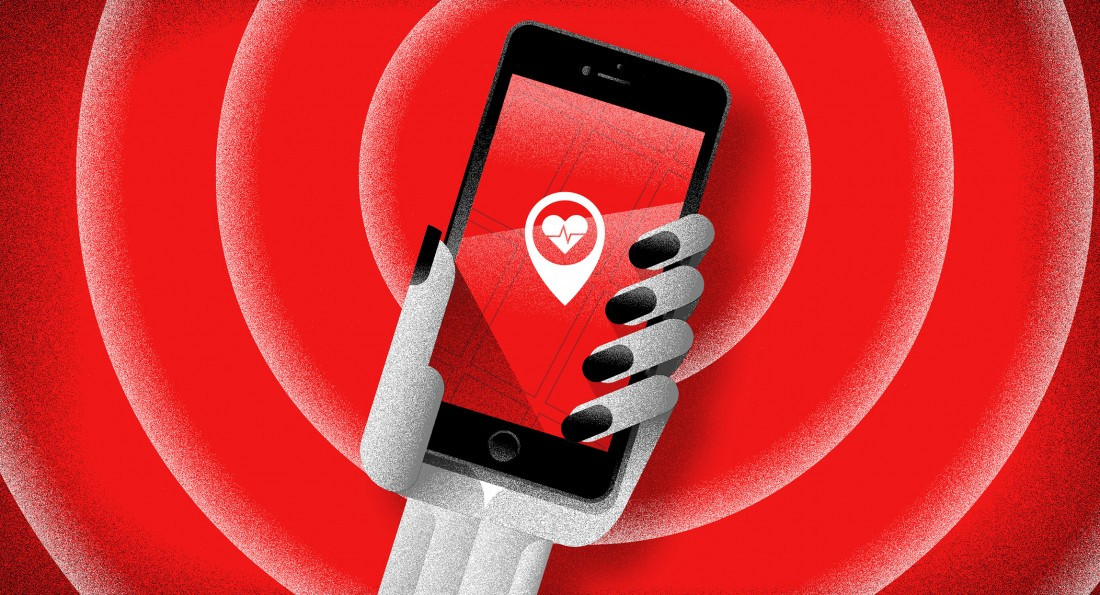An app to help save lives
PulsePoint app alerts medically trained individuals of emergencies
A new pulse is coursing through Winnipeg for emergencies, and it’s making it’s way to us through an app called PulsePoint.
This app lets people alert the closest cardiopulmonary resuscitation (CPR) trained individuals of a sudden cardiac arrest (SCA) situation and connects them to the nearest automated external defibrillator (AED). Its creators hope to engage bystanders during an SCA incident.
“The new app is a brilliant idea and will better the outcome of a patient in cardiac arrest,” Cale Mogg, Winnipeg firefighter/primary care paramedic, says. “The quicker a person in cardiac arrest has good CPR and defibrillation, the better the odds are ... and the only thing closer than a fire medic would be a bystander with an AED that’s already on scene.”
He says Winnipeg Firefighter/Primary Care Paramedics, or “fire medics” are ideally at the sight of the emergency within minutes of an SCA.
“(Though) there’s a bit more to a (SCA) call from a healthcare provider level, during an SCA, the same three principles have been and always will remain the same: chest compressions, ventilation and defibrillation – which is what is taught to the public during a CPR course,” Mogg says.
“(But) defibrillation is the turning point to properly resuscitate a patient that is in arrest. From my experience on the job, when reversing a cardiac arrest, the patient will return a pulse following defibrillation and not just from chest compressions and ventilation.”
This app would connect medically trained individuals with their jobs as easily as they connect to Facebook or Twitter. Mogg says whether he’s at work or not, he feels a responsibility to help and hopes other health care providers will use the app when “off the clock.”
“As (fire medics) ... a large portion of our calls are medical emergencies,” he says. “We’re hired to help the public during times of need, so the mentality I carry comes home with me.”
Mogg says Manitobans in rural areas will benefit the most from this app, since it could connect more individuals who are further from emergency healthcare to resources in an area where medical care is sparse.
“My hopes for this app is that it takes off as well as it’s projected,” Mogg says.
“Every year, about 40,000 cardiac arrests happen in Canada – that’s one every 13 minutes,” Lisa Bagan, resuscitation program manager (Prairies) from the Heart and Stroke Foundation of Canada, says. “If delivered in the first few minutes of a cardiac arrest, defibrillation and CPR can double survival rates. But with each passing minute, the probability of survival decreases by seven to 10 per cent.”
Bagan says when AEDs are installed, the local distributor conducts a training session for facility staff. In a cardiac arrest situation, she advises people to follow three steps: call 911, push hard and fast in the centre of the chest and use an AED if available.
Published in Volume 71, Number 9 of The Uniter (November 3, 2016)







